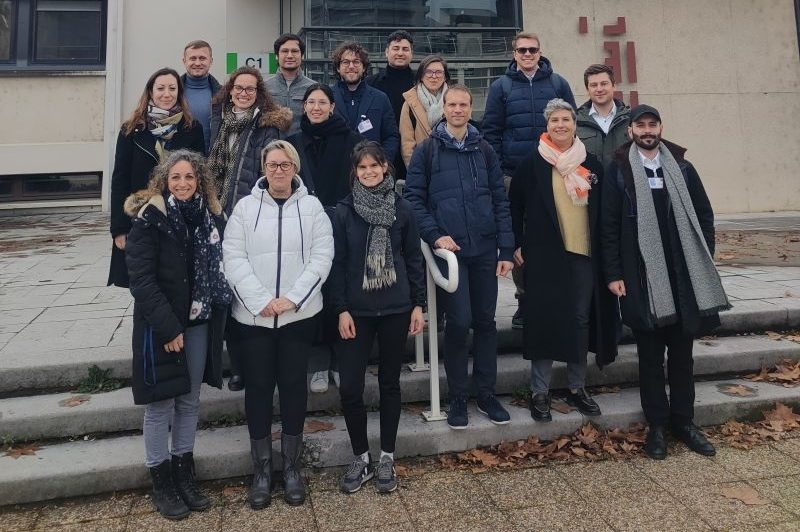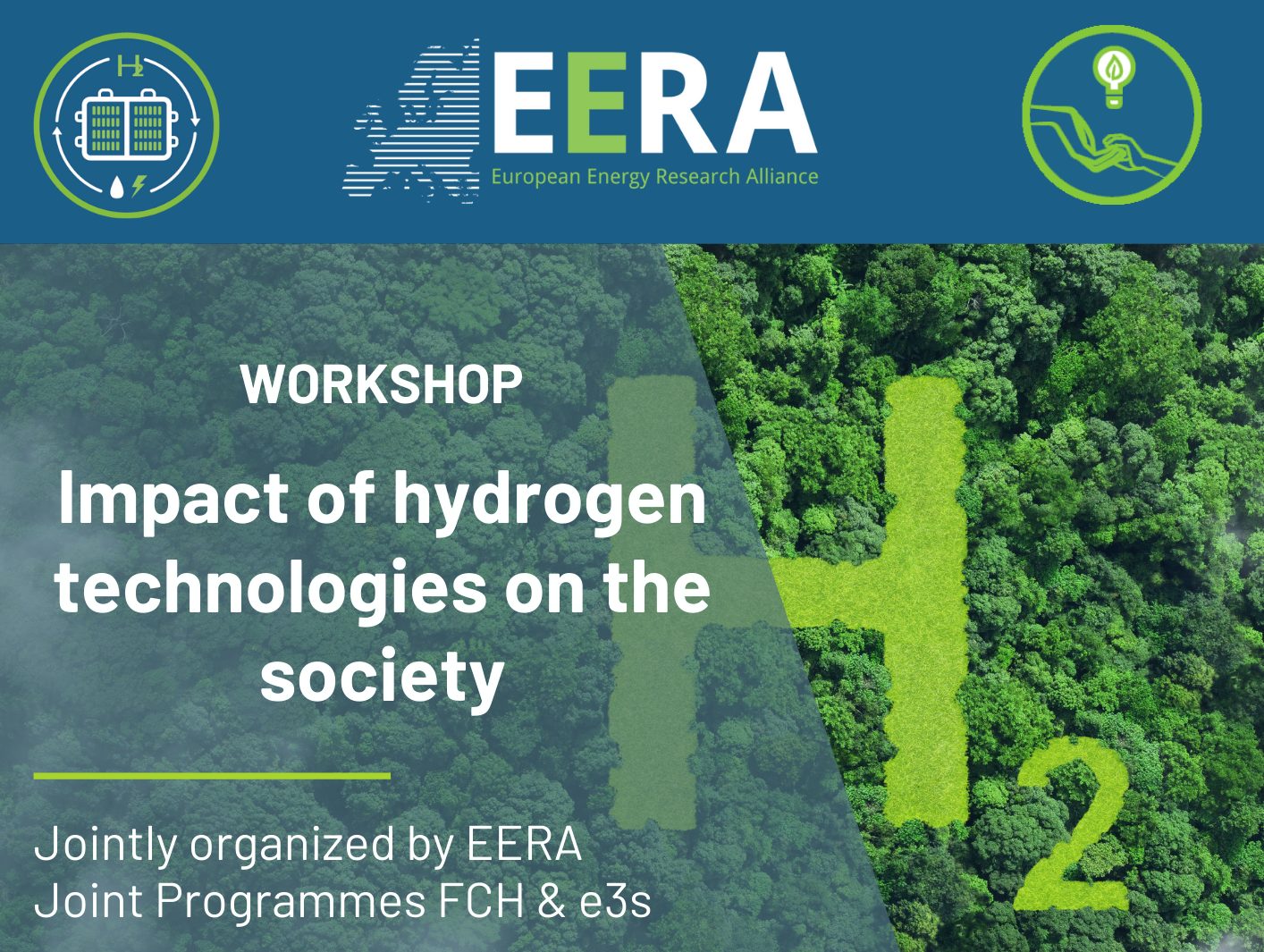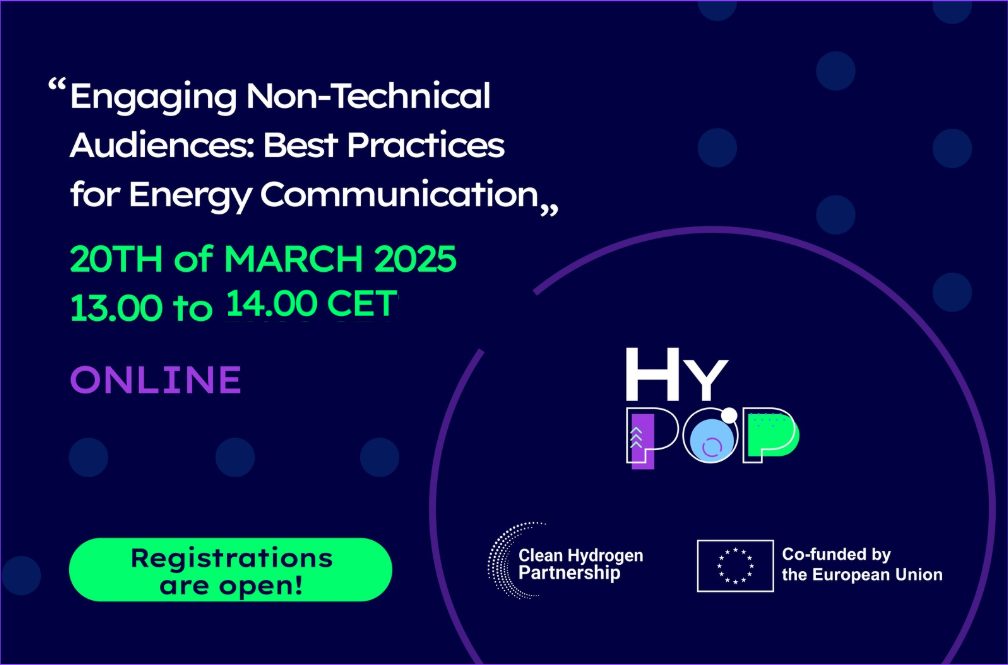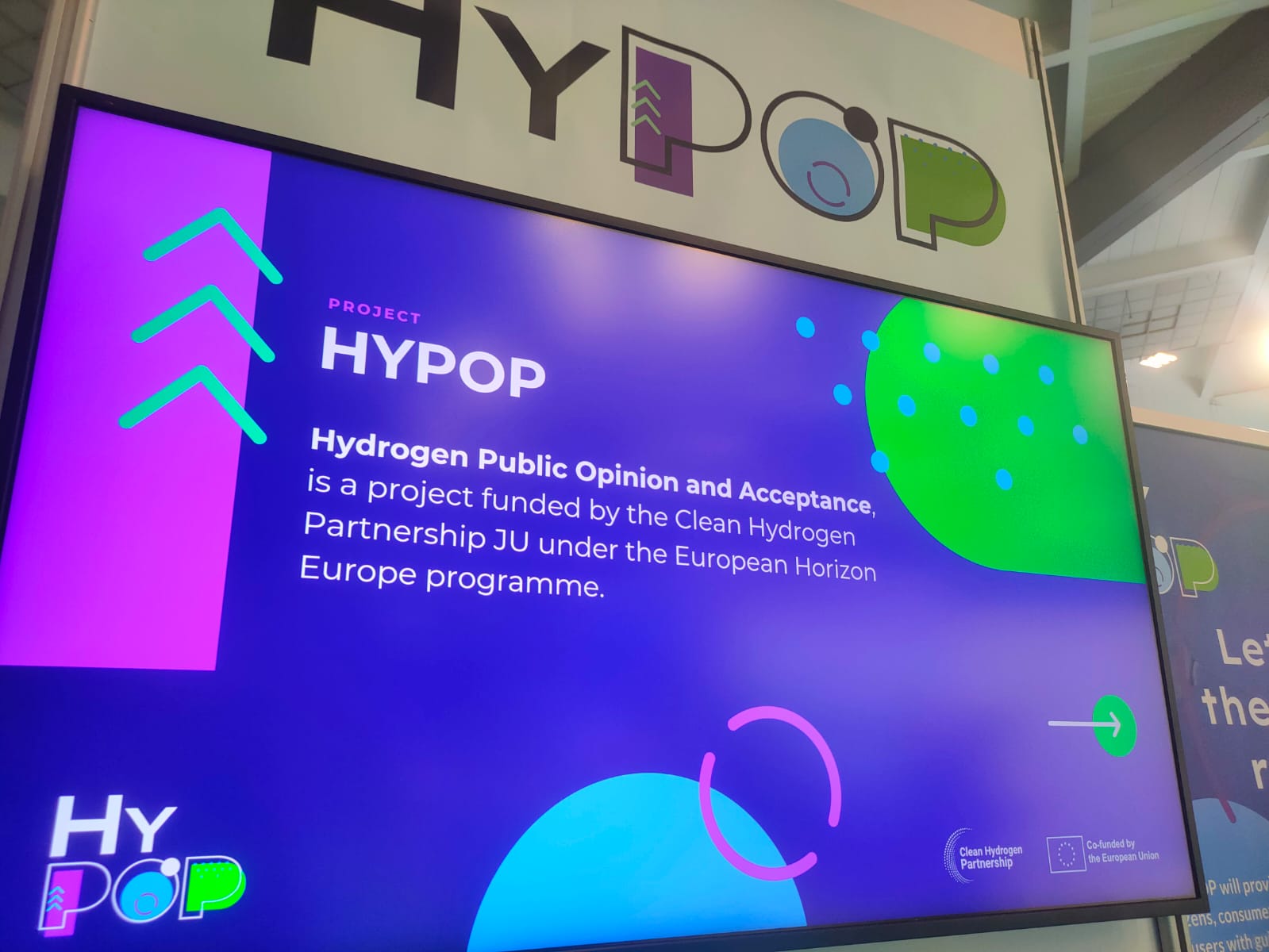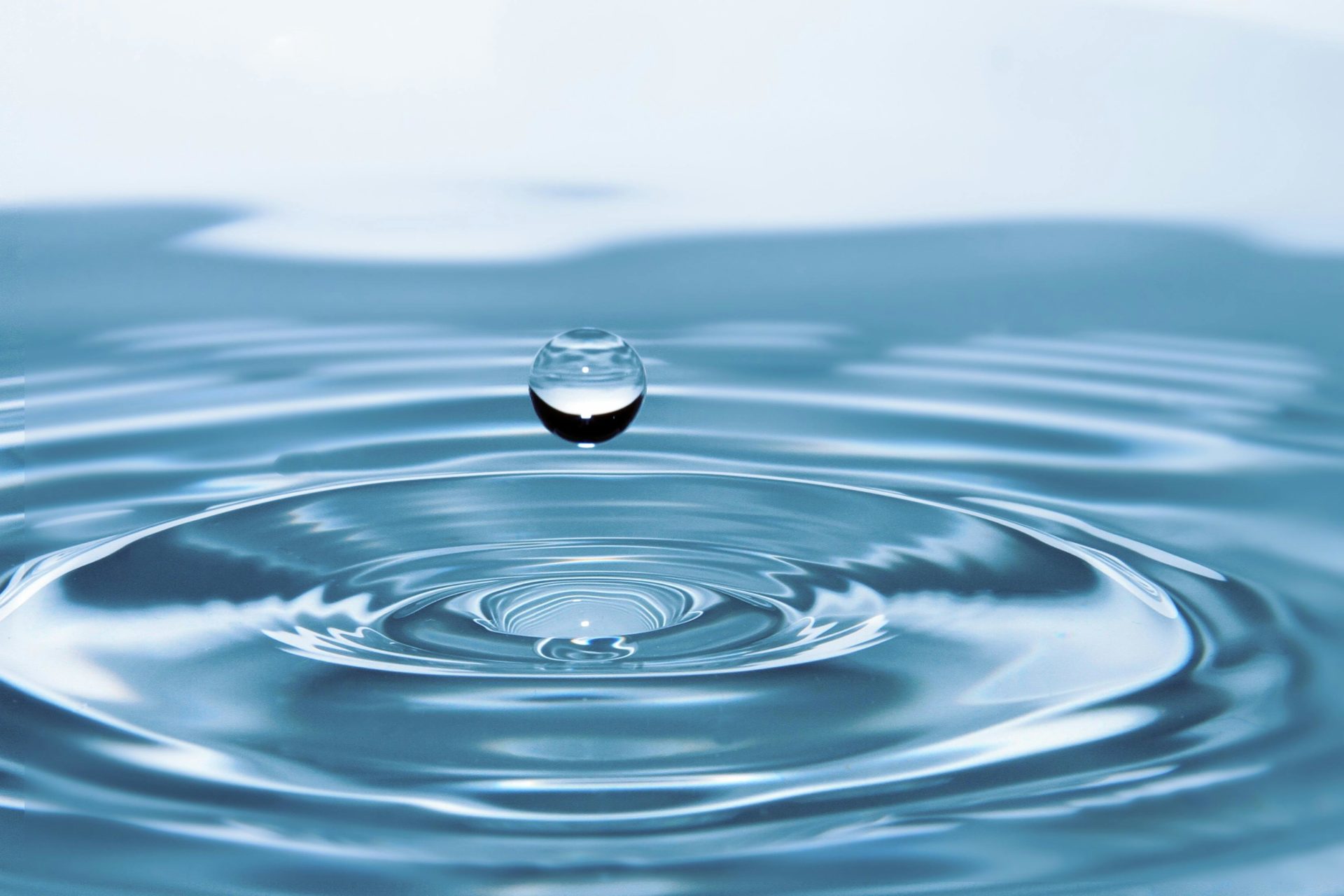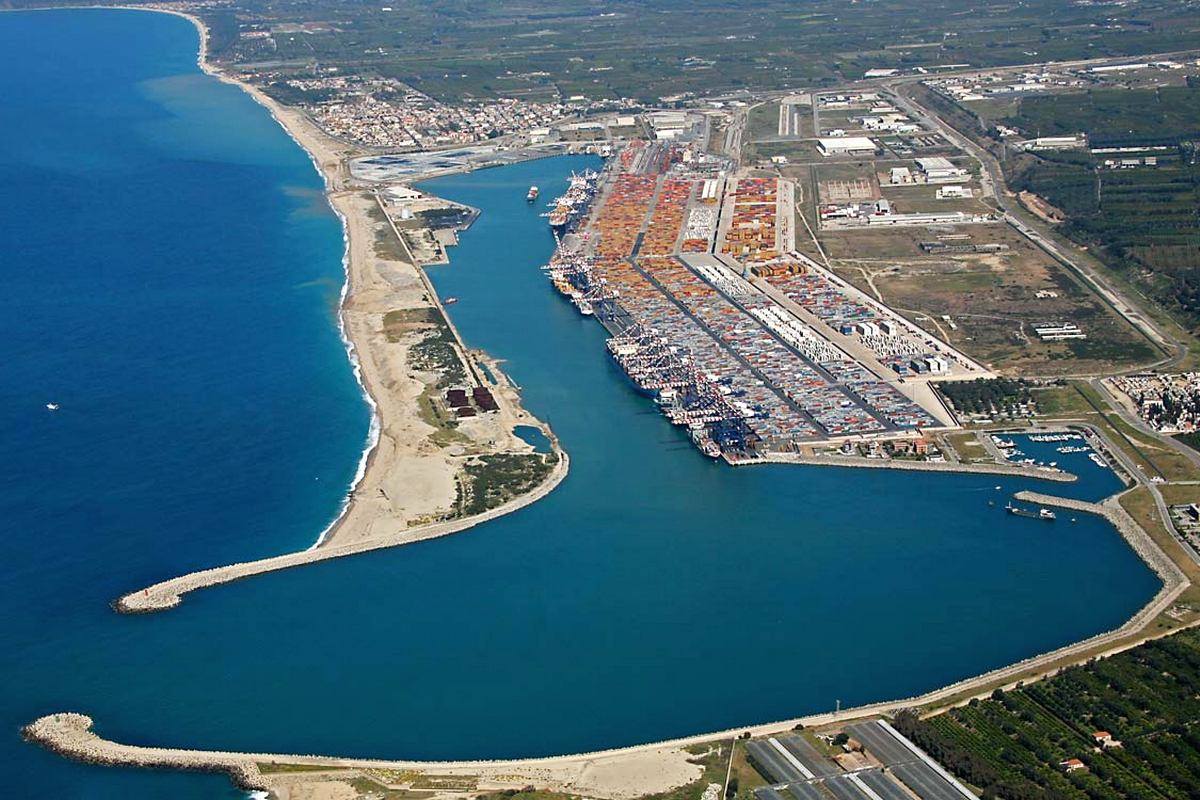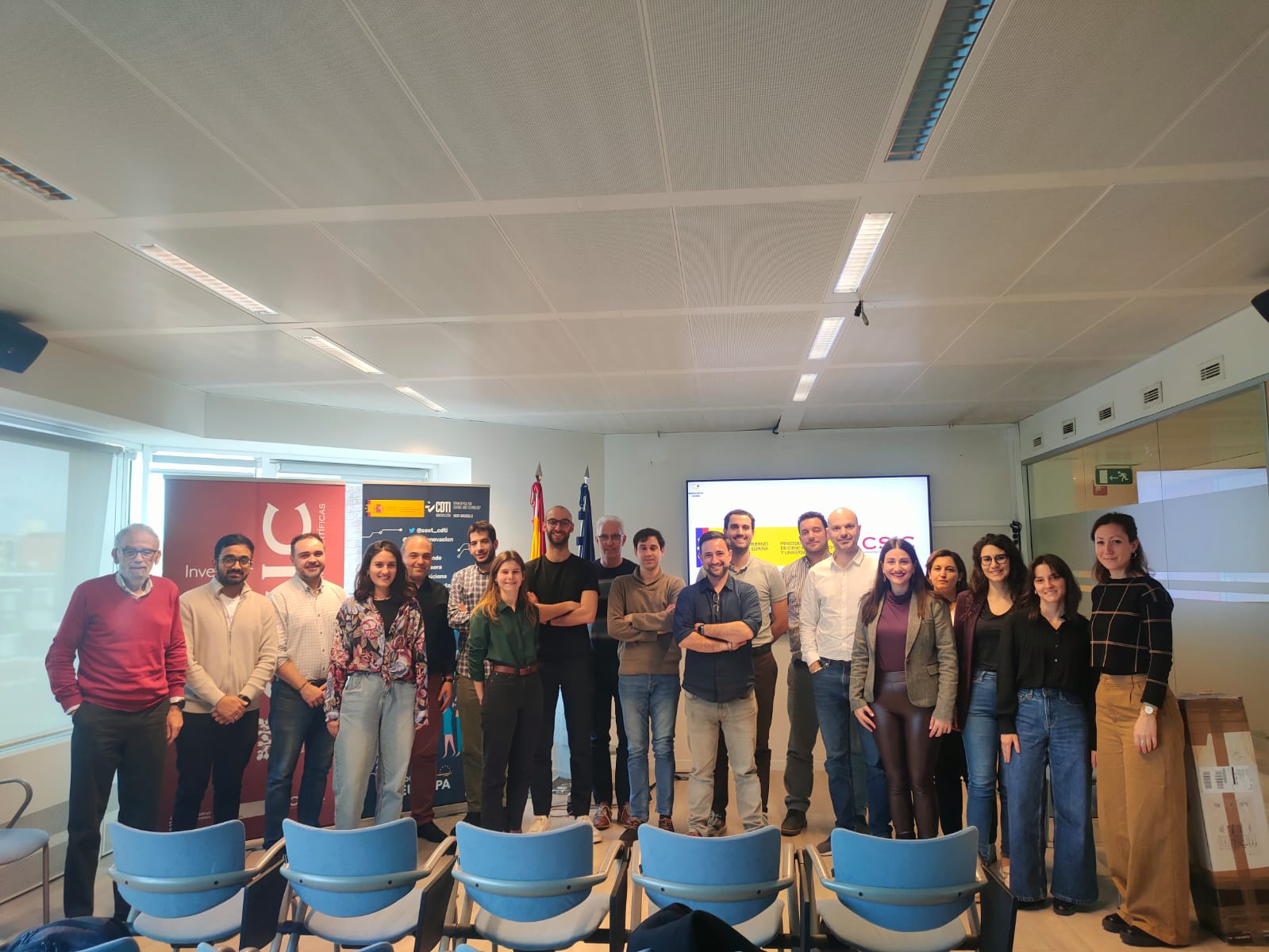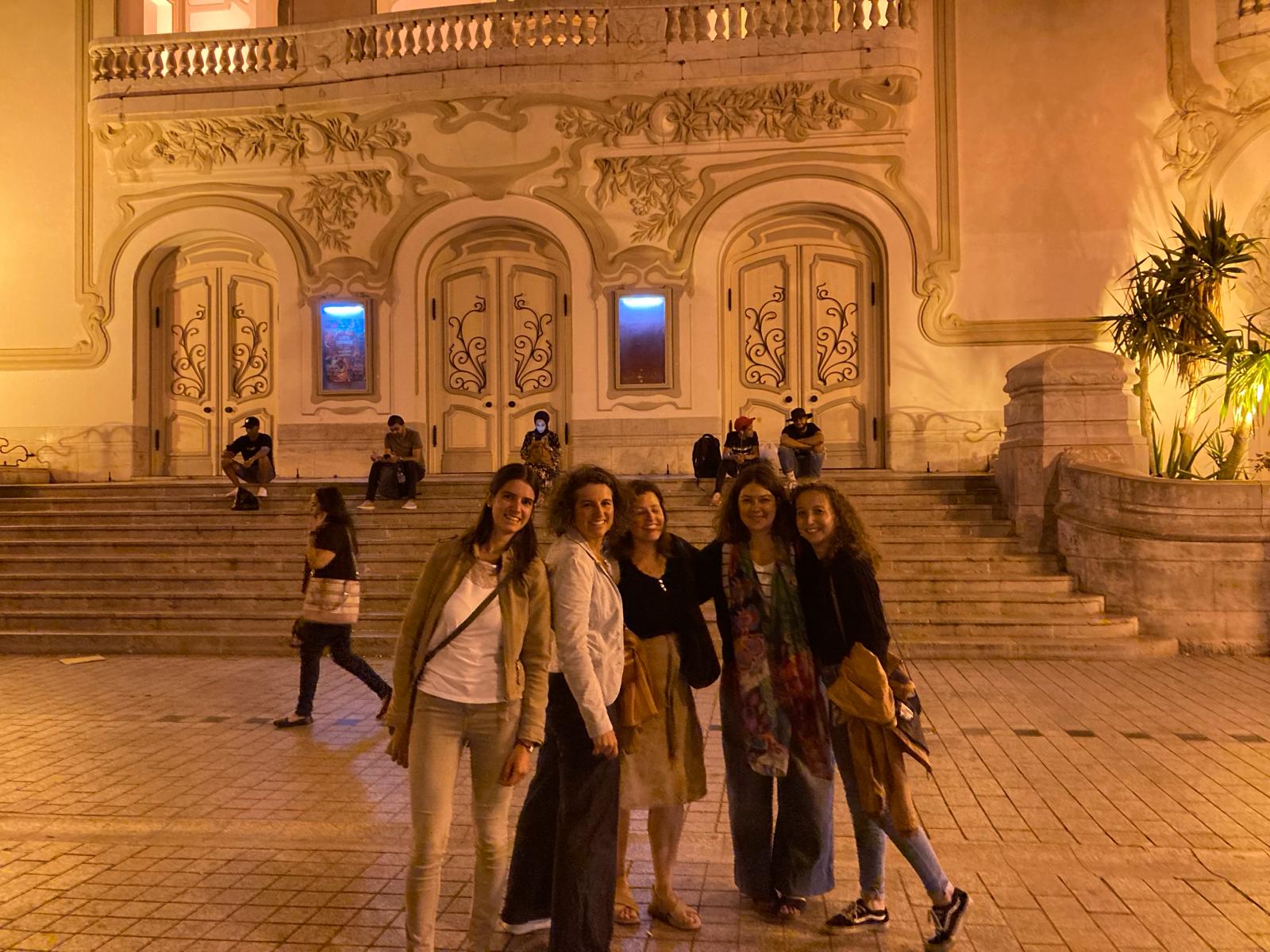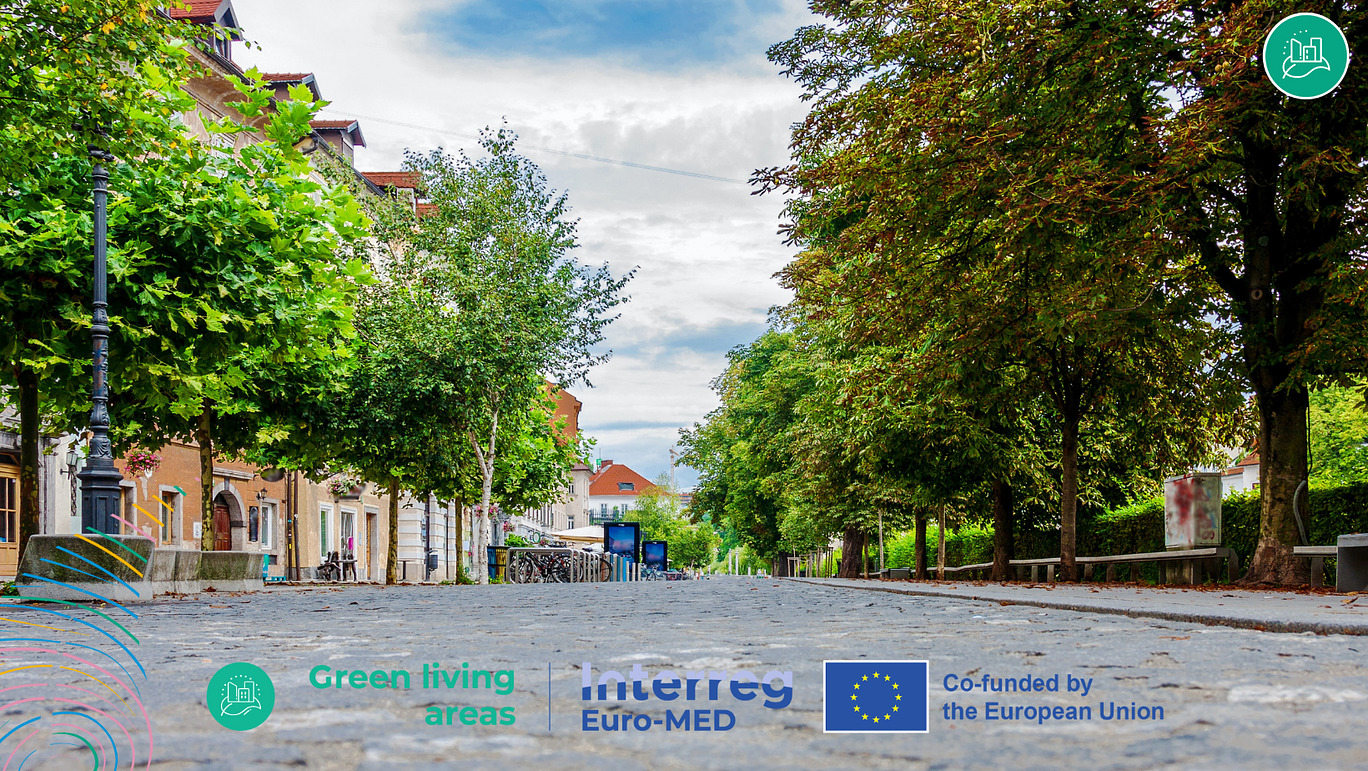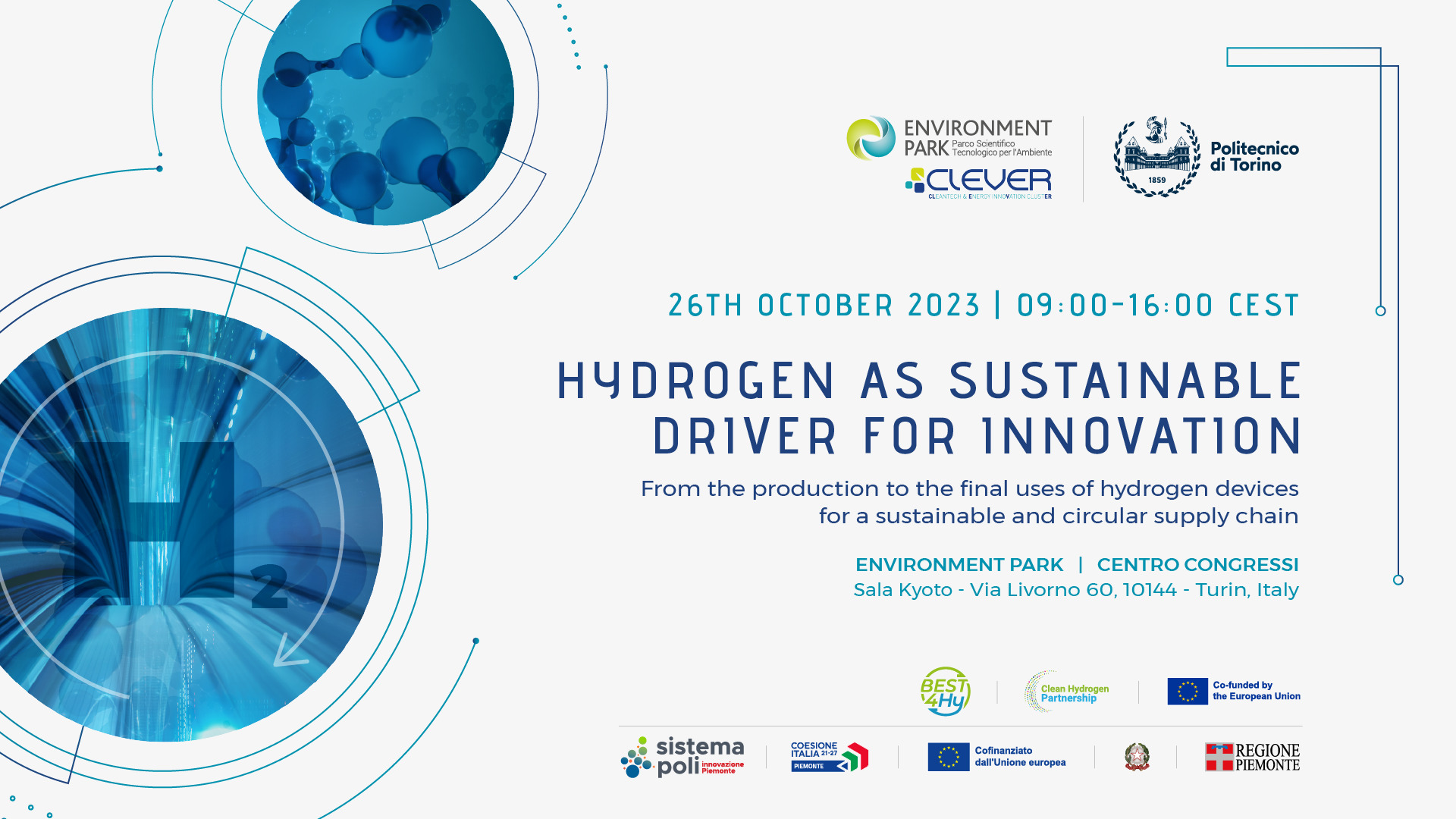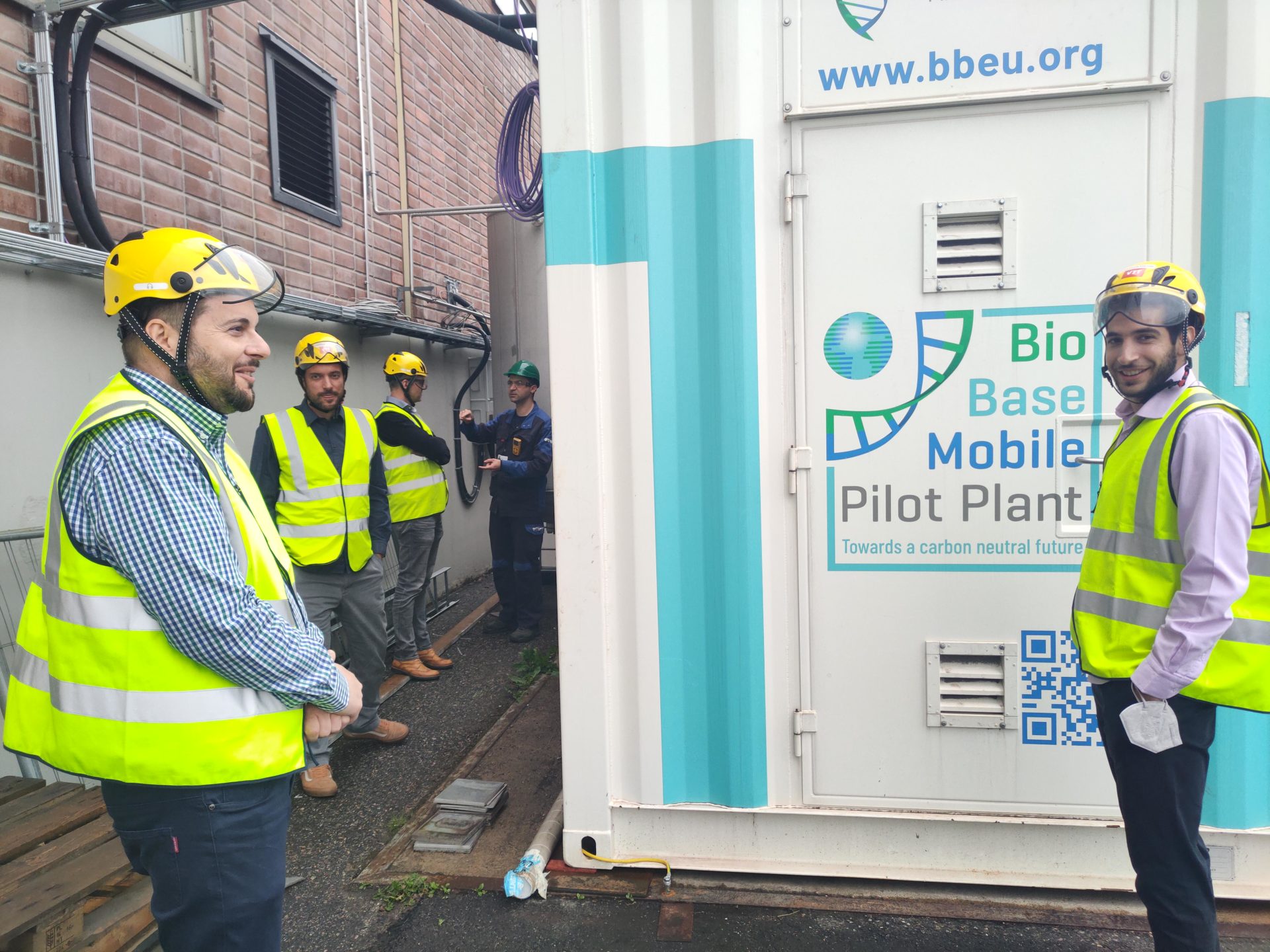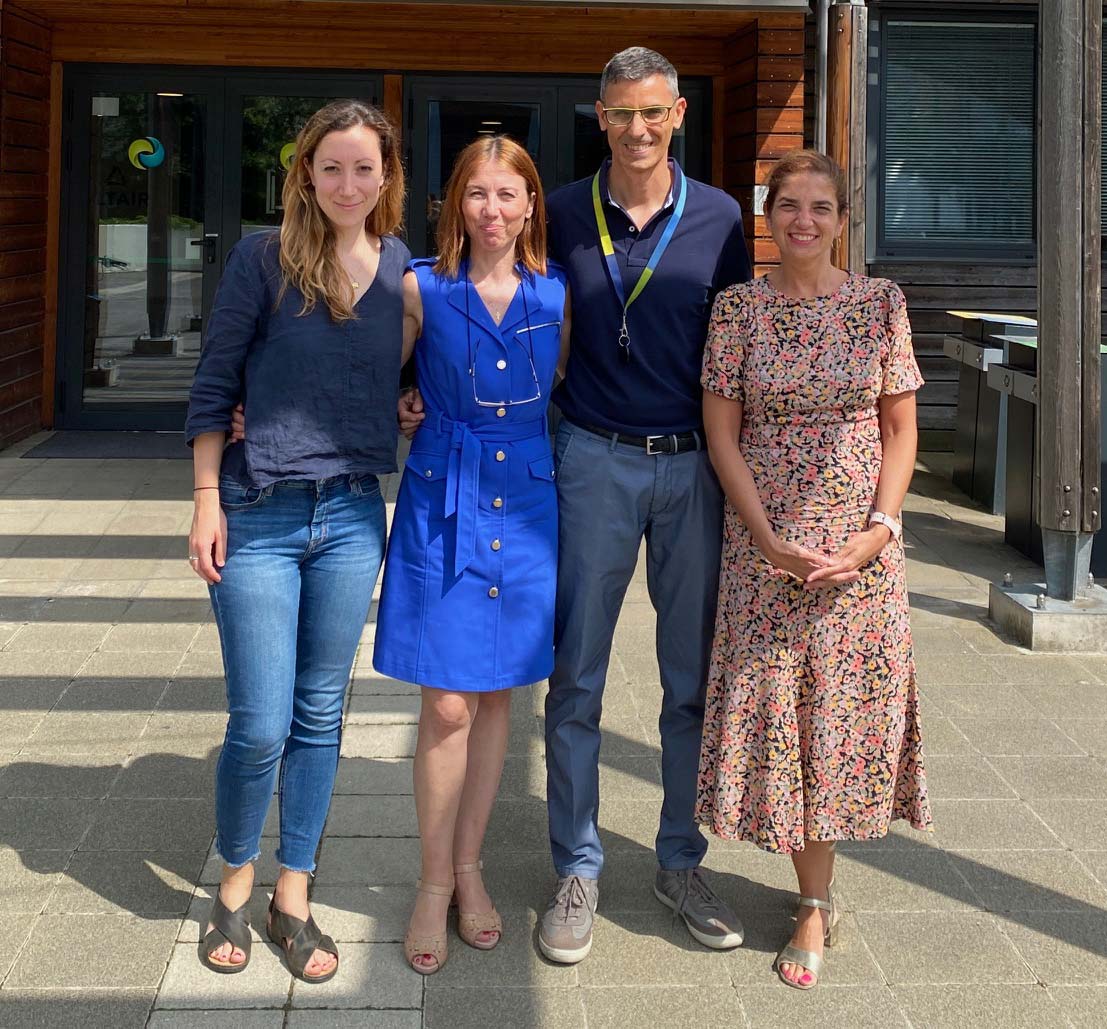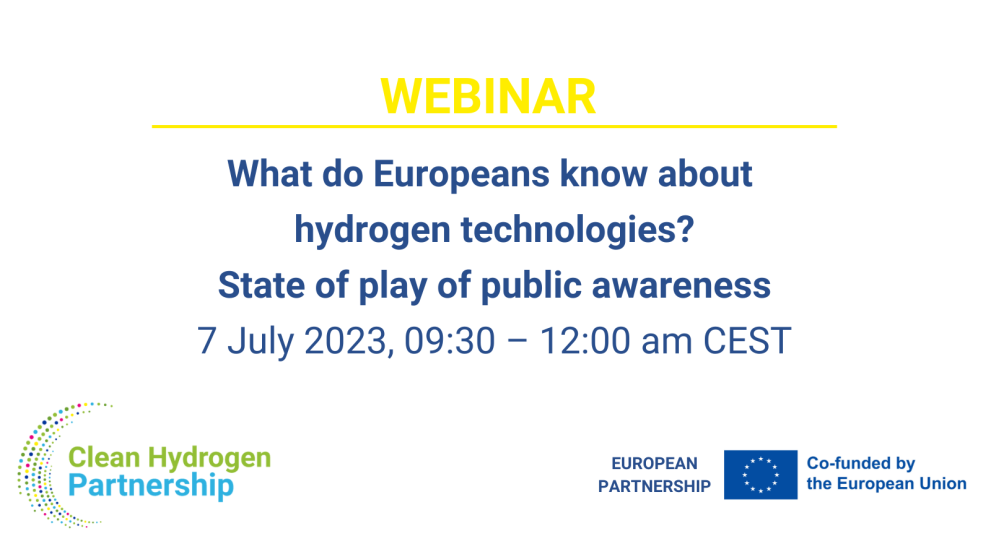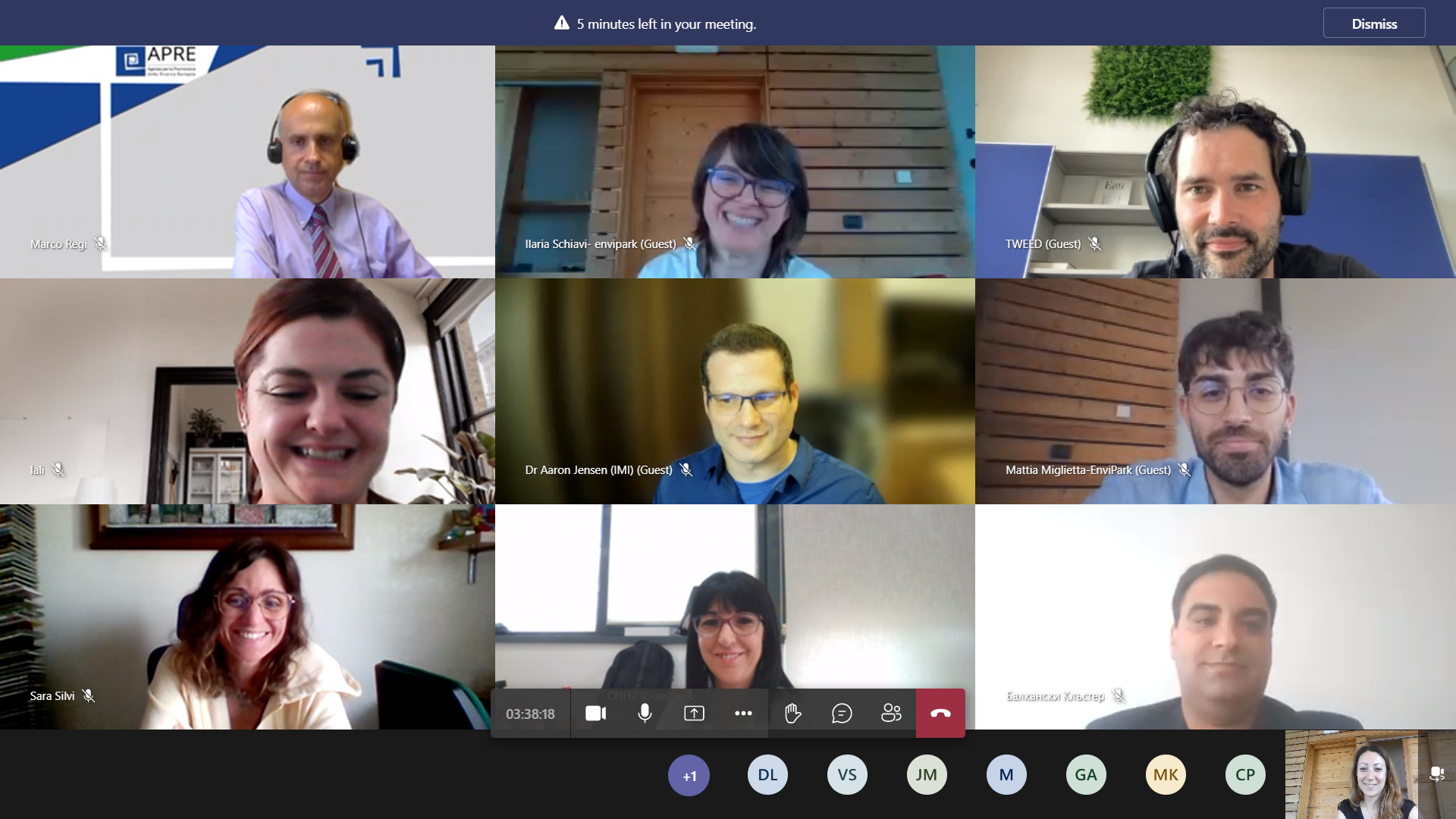The BEST4Hy Consortium has started 2023 with a successful General Assembly held at the CEA’s headquarter in the city of Grenoble (France).
At the very beginning, a short overview of the activities by the coordinator Environment Park highlights that BEST4Hy is producing several interesting results and promising progress opportunities. To this end, the dissemination and exploitation strategy will be implemented in the next months to give it the right visibility to the stakeholders’ community. Among the planned activities, a training toolkit together with face-to-face training sessions will be organised at the end of the year to show the recovery and recycling technologies developed within the project for both PEM and SOFC fuel cells. In parallel, a standardisation and regulations’ assessment is underway to identify a policy and standardisation roadmap for end-of-life fuel cells, resulting in a policy paper and in a dedicated workshop. A final project’s workshop and other events are also planned to boost BEST4Hy’s results.
Regarding the recovery and recycling technologies, the meeting was the opportunity to share the latest updates on the performance evaluation of recycled materials activities and the implementation of small-scale plants, that are currently ongoing. The progresses on the SOFC recycling process continue with ELCOGEN testing manufacturing using the secondary NiO-YSZ powders recovered in the project from scrap cells. The characterisation tests on the recycled material show quite satisfying results under electrochemical tests and only a slightly lower performance for structural and mechanical trials, the most probably related to the non-optimised manufacturing process for the recycled powder usage. A further step focused on the industrialisation of the process is essential to bring the technology to a higher level. Meanwhile, POLITO is advancing with the development of its small-scale plant at TRL5 for NiO and YSZ from End-of-Life (EoL) cell materials. In the performed first trial the pilot plant was able to recover around 96% of the ceramic phase from the processed EoL cells. A preliminary analysis of the NiO open-loop recycling discloses possible fields of application as cathodes for lithium batteries. The POLITO research team also provided the last results for the novel technologies’ development and La/Co recovery in the EoL cathode component: after several trials the nitric acid process was selected as best performing recovery technology able to reach a recovery efficiency of 100% La, 87% Co and 60% Sr (ICP analysis). Preliminary tests for LSC perovskite synthesis were also performed through the exploration of some methods, such as the sol-gel method and glycine nitrate method. However, the method based on solid-state reaction seems resulted the most promising process to be pursued and optimised in the next months.
In parallel, further progress from the PEM fuel cells recycling research was realised: new material supplied by EKPO has been disassembled with the hybrid method developed by Hensel Recycling and IDO Lab. The construction and validation of a 2 L reactor for the platinum recovery by hydrometallurgical process at TRL5 is ongoing. The low-pressure reactor for the ionomer’s recovery via alcohol dissolution is scheduled for delivery by the end of March 2023. In this last stage, the collaboration with one of the advisory board members remains fundamental. The optimisation of the novel electrochemical process led by the CEA is progressing: the platinum recovery is performed in one single step, including extraction from old CCM, deposition onto new material with a 95% recovery efficiency. In the past months the process was optimised and investigated to understand the electro leaching action on both sides of the membrane and the interactions between ionic liquid and ionomer. The scaling-up of the process is ongoing and the reuse of the solvent has been tested successfully.
The CEA is also currently performing the characterisation of the recycled materials from PEM (Pt salt precursor, Pt/C electrocatalyst and ionomer solution) and their integration into MEA with the subsequent validation into PEMFC operation. The polyol reduction process for the Pt/C catalyst synthesis has been optimised at lab scale and selected for the following scaling-up stage. Approximately 16 gr of catalyst have been synthesized for the manufacturing of large CCM for EKPO. Characterisations of the catalyst are still under way, as well as the remanufacturing stage: CCM and MEA in small single cells
(1,8 cm2) gave some first results about the process to be further explored in 25 cm2 of cells, while the remanufacturing of CCM at EKPO stack design is planned for June 2023. The impact of “recycled Pt/C catalyst on the anode or the cathode side, or both, as well as the ink formulation are under investigation. This should lead to select a MEA composition to be used for the EKPO CCM manufacturing.
Good news also from LCA analysis: the University of Ljubljana has performed the life cycle assessment for the manufacturing phase and existing EoL technologies for both SOFC /PEM fuel cell products. Problems related to the lack of information for certain materials in the commercial databases were partially solved with own simplified LCI and LCA models, which will be also improved in the following months. Initial results for both the Pt and YSZ/NiO recycling processes (existing EoL technologies under Best4Hy) appear promising, but further improvements and updates will be made in the coming months. A full and comprehensive report will be publicly available to provide an initial overview of the LCA analysis of the reference SOC /PEM fuel cell stacks. The LCC and Ecolabelling analysis is currently underway and the first results are expected in mid-2023.
Finally, the Consortium visited the CEA laboratories on fuel cells technology research. In 2023, BEST4Hy expects many activities, including a broader involvement of stakeholders to present and disseminate the results achieved. Next appointment in June at the premises of the University of Ljubljana.
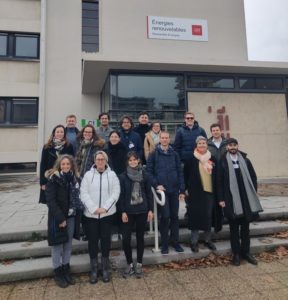
BEST4Hy Consortium, 11th-12th January 2023
